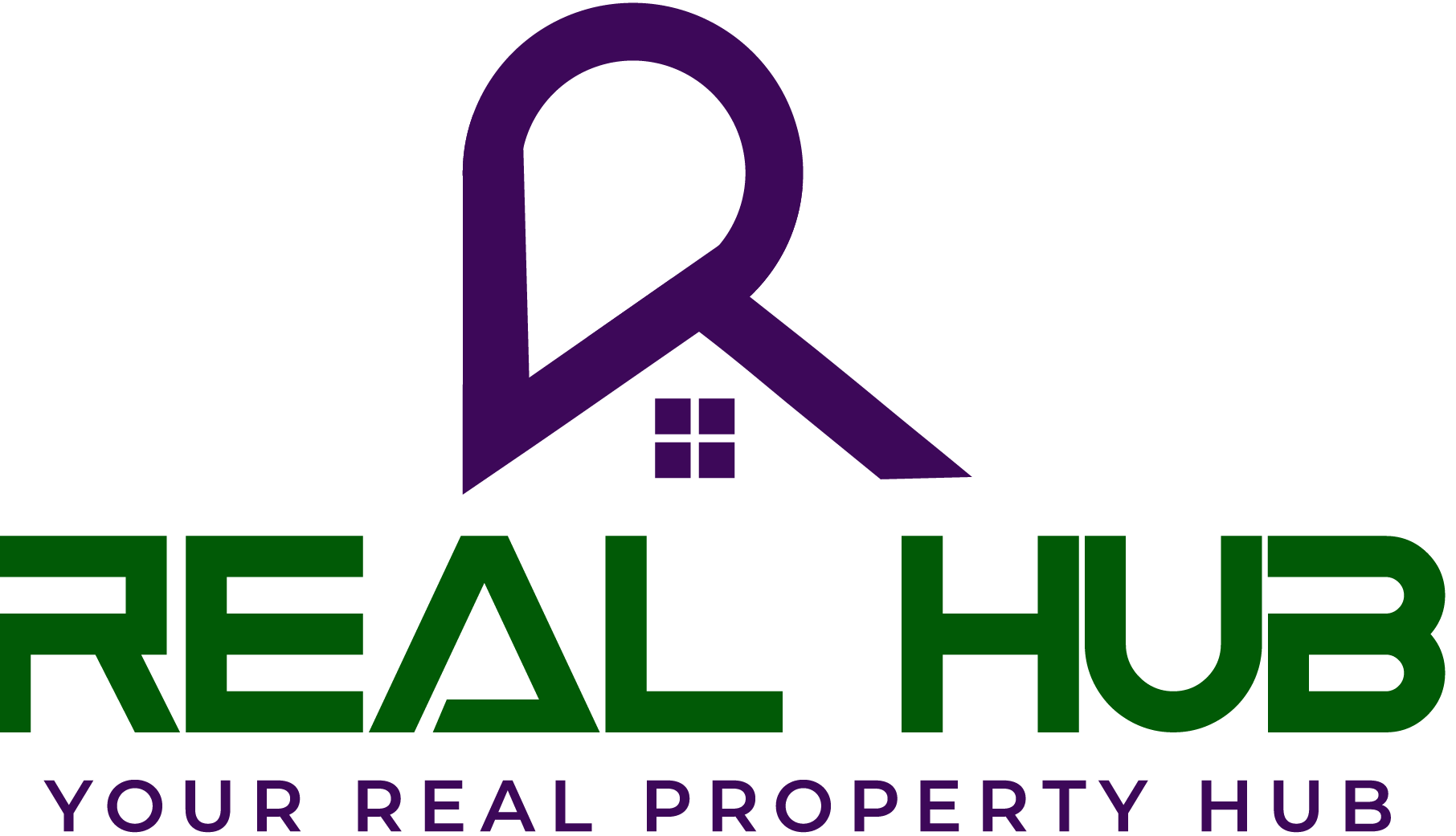The Future of Smart Homes: Transforming Living Spaces in Kenya
Kenya is undergoing a transformative shift in how people interact with their living spaces, and smart home technology is at the heart of this revolution. The future of smart homes in Kenya is a topic gaining traction among developers, tech enthusiasts, and homeowners alike. With advancements in technology and increasing demand for modern, connected living, smart homes are becoming more than a luxury; they are emerging as a necessity.
Smart homes integrate technology to create an efficient, convenient, and secure living environment. They allow users to control various aspects of their homes remotely, from lighting and appliances to security systems. As Kenya continues to embrace digital transformation, the future of smart homes is not just an aspiration but a reality shaping urban and rural lifestyles.
Defining Smart Homes in the Kenyan Context
 Smart homes utilize interconnected devices and systems to enhance everyday living. These technologies range from automated lighting and climate control to advanced security solutions and smart appliances. In Kenya, smart home adoption is still in its early stages, but the demand for convenience and innovation is driving steady growth.
Smart homes utilize interconnected devices and systems to enhance everyday living. These technologies range from automated lighting and climate control to advanced security solutions and smart appliances. In Kenya, smart home adoption is still in its early stages, but the demand for convenience and innovation is driving steady growth.
The future of smart homes in Kenya will see an evolution from luxury housing to more inclusive solutions for middle-class and affordable housing markets. Developers are beginning to incorporate basic smart features, such as motion-sensitive lighting and energy-efficient appliances, to cater to the growing interest in modern, tech-enabled living.
Technological Advancements Driving Smart Homes
The rapid expansion of internet penetration in Kenya has been a game-changer for smart home technology. With the rollout of 4G and 5G networks, more households can access the connectivity required for smart devices. This infrastructure is a foundational element for the future of smart homes, enabling seamless communication between devices and users.
The affordability of technology has also contributed to the rise of smart homes in Kenya. As the cost of devices such as smart bulbs, cameras, and thermostats decreases, more homeowners can integrate these systems into their living spaces. Local innovators are developing solutions tailored to the Kenyan market, further fueling adoption.
Another critical factor is the increasing familiarity with voice-activated assistants like Amazon Alexa, Google Assistant, and locally developed solutions. These tools simplify the control of smart devices, making them accessible even to those who are less tech-savvy.
Why Smart Homes Matter to Kenyan Homeowners
The future of smart homes in Kenya is defined by their ability to address specific challenges faced by homeowners. From security concerns to rising energy costs, smart home technology offers practical solutions that improve quality of life.
Enhancing Security
One of the most significant drivers of smart home adoption in Kenya is security. Urban areas, particularly Nairobi and Mombasa, experience high crime rates, prompting homeowners to invest in advanced security solutions. Smart surveillance cameras, motion detectors, and remote-controlled locks are some of the features gaining popularity. These systems allow homeowners to monitor their properties in real-time and receive alerts for potential threats.
Promoting Energy Efficiency
Kenya is known for its high electricity costs, which burden many households. Smart homes offer energy-efficient solutions, such as automated lighting and smart thermostats, which optimize energy usage. Solar-powered smart systems are also gaining traction, particularly in areas with unreliable electricity supply. By reducing energy consumption, smart homes contribute to both cost savings and environmental sustainability.
Convenience and Comfort
The convenience offered by smart homes is another compelling factor. From adjusting room temperatures remotely to scheduling appliance usage, smart technology simplifies daily routines. This level of control is particularly appealing to tech-savvy millennials, who represent a significant portion of Kenya’s population.
Developers and the Smart Home Revolution
Real estate developers play a crucial role in shaping the future of smart homes in Kenya. By incorporating smart technologies into their projects, they cater to the growing demand for modern living spaces. High-end apartments and gated communities are increasingly offering features like automated lighting, advanced security systems, and energy-efficient appliances.
Developers are also exploring partnerships with tech companies to deliver innovative solutions. For example, integrating smart technology into affordable housing projects can make these systems more accessible to middle-income families. These collaborations are essential for scaling smart home adoption across different market segments.
Overcoming Challenges to Smart Home Adoption
While the future of smart homes in Kenya is promising, there are challenges that need to be addressed to ensure widespread adoption.
Cost Barriers
The initial investment required for smart home systems remains a significant obstacle for many Kenyans. Although prices are decreasing, the perception that smart homes are a luxury persists. Providing flexible financing options, such as pay-as-you-go models, can make these technologies more accessible.
Limited Awareness
Another challenge is the lack of awareness about the benefits of smart home technology. Many potential buyers are unfamiliar with how these systems work or how they can improve their lives. Education campaigns and demonstrations by developers and tech companies are crucial for increasing adoption.
Connectivity Issues
Reliable internet access is a prerequisite for smart home functionality. While urban areas in Kenya have relatively good connectivity, rural regions often face network challenges. Expanding broadband coverage and improving network reliability will be essential for bridging this gap.
The Role of Policy and Regulation
Government policies and regulations will play a pivotal role in shaping the future of smart homes in Kenya. By offering incentives for developers to adopt smart technologies, such as tax breaks or subsidies, policymakers can encourage innovation. Establishing standards for smart home devices will also ensure quality and security, building consumer trust.
Additionally, regulations addressing data privacy and cybersecurity will be crucial. As smart homes rely on connected systems that handle sensitive personal information, protecting this data is vital for user confidence and safety.
Opportunities in Kenya’s Smart Home Market
The future of smart homes in Kenya presents numerous opportunities for developers, tech companies, and investors. One significant area of growth lies in integrating smart technologies into affordable housing projects. By focusing on basic smart features, such as automated lighting and security systems, developers can make these innovations accessible to a wider audience.
The growing interest in sustainability also offers opportunities for smart home adoption. As Kenyans become more environmentally conscious, the demand for energy-efficient and eco-friendly solutions is likely to rise. Government initiatives promoting green building practices can further accelerate this trend.
Collaborations between local startups and international tech companies can drive innovation and create tailored solutions for the Kenyan market. Leveraging Kenya’s vibrant tech ecosystem will be key to unlocking the full potential of the smart home sector.
Transforming Everyday Living
The future of smart homes in Kenya is not just about technology; it’s about transforming how people live. By integrating advanced systems into everyday life, smart homes offer unparalleled convenience, security, and efficiency. For instance, homeowners can control lighting, appliances, and security systems from their smartphones, simplifying daily routines.
Artificial intelligence (AI) is also set to play a significant role in the evolution of smart homes. AI-powered systems can learn user preferences over time and adapt accordingly, creating a personalized living experience. This level of customization will redefine what it means to feel at home.
The Future Outlook
The future of smart homes in Kenya is bright, with significant growth potential in both urban and rural areas. As technology continues to advance and prices become more affordable, smart homes will transition from being a luxury to a necessity for many households. Developers, tech companies, and policymakers must work together to overcome challenges and unlock the full potential of this transformative trend.
Smart homes are not just about convenience; they are a reflection of modern lifestyles and a step toward a more connected, efficient, and sustainable future. As Kenya continues to embrace innovation and digital transformation, smart homes will play a pivotal role in shaping the country’s real estate landscape and improving the quality of life for its people.
Conclusion
The future of smart homes in Kenya is an exciting prospect, offering numerous benefits for homeowners, developers, and the broader economy. By integrating advanced technologies into residential spaces, smart homes enhance convenience, security, and sustainability. While challenges such as cost and connectivity remain, the opportunities for growth are immense.

